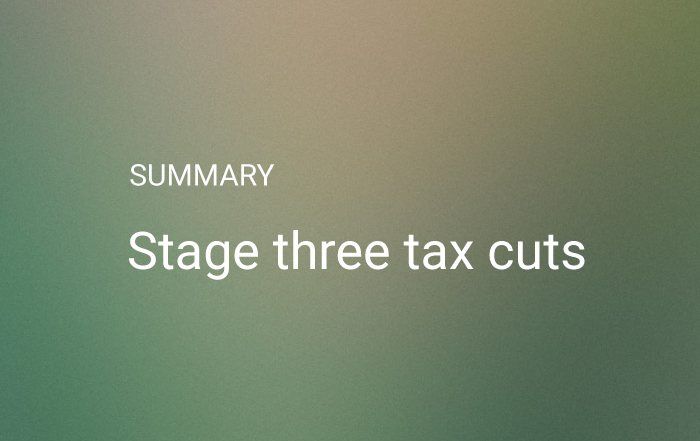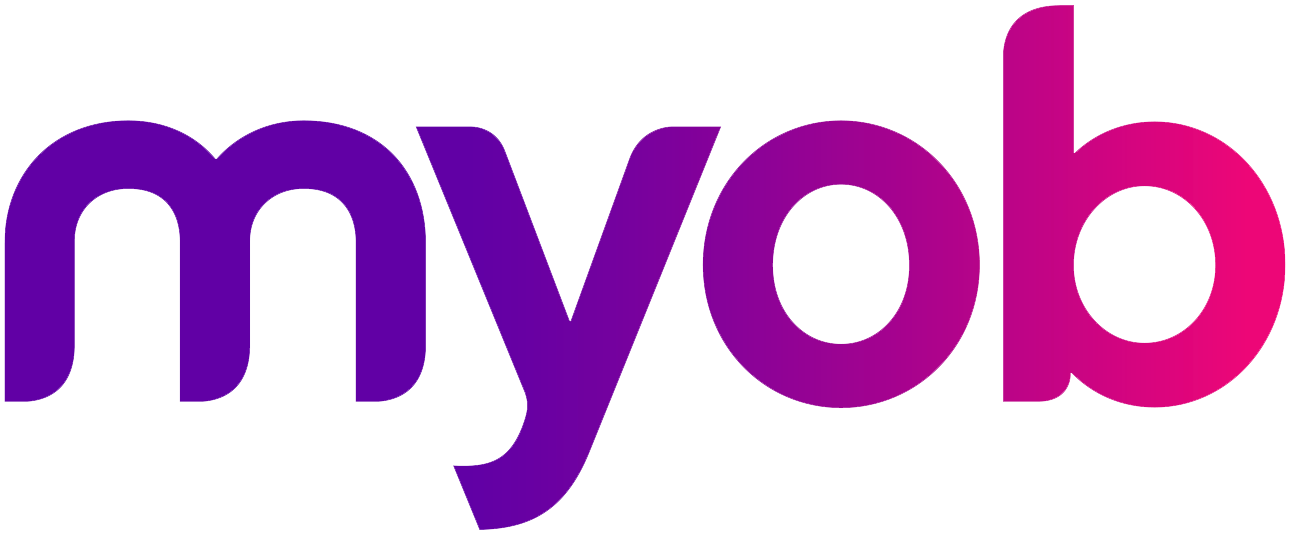
DFK Gooding Partners
March 10, 2023
Are you prepared for FBT year end this March 31? On top of a continually shifting landscape that has been reshaping how employees draw down on benefits, there are also new FBT changes to contend with. Our guide covers all the key areas you need to be across to maximise your FBT return.
2022/23 has been another big year for employers, employees, and the broader community. Many work patterns and behaviours continue to change in the last year, including split teams, increasing working from home arrangements and new driving patterns, which impacts a range of FBT areas. For 2022/23 it’s important to ensure you are across all the relevant requirements when preparing your FBT return.
To minimise your liability and assist in preparing for the FBT year end on 31 March, we have outlined some of the items you need to consider when determining a potential FBT liability:
- Motor Vehicles
- Entertainment Expenses
- Telephones, Mobiles and Internet
- Local and Overseas Travel
- Loan Fringe Benefits
- Car Parking
1. Motor Vehicles
- Discuss with us your method of valuing car benefits.
- If there is a change in car use (e.g. due to COVID-19 or change of work role etc.) – please ensure you take note of this. Whilst existing logbooks may still be valid, consider whether an adjusted business use percentage should be calculated or a new logbook kept which is representative of usage throughout the year.
- For exempt work vehicles, review whether non-work related use is minor, infrequent and irregular.
- Ensure you are across the latest exemptions for electric vehicles – read our ATO analysis here.
- Ensure employee contribution records are up to date.
- Ensure your car expenses are up to date and records are kept.
- Record the total number of days when the vehicle was unavailable to an employee.
- Record your odometer at 31 March 2023.
- Ensure logbooks are still valid and not more than 5 years old.
- If you have provided car benefits in respect of an electric car, discuss with us a potential FBT exemption.
2. Entertainment Expenses
- You will need details of client versus non-client entertainment.
- Understand what is or isn’t entertainment for FBT purposes and what is tax deductible.
- Record any employee contributions.
- Determine which employees receive frequent versus infrequent benefits.
- If entertainment expenses have reduced, consider if the actual method will result in a more favourable outcome than the 50/50 method due to the ‘minor benefits exemption’.
- Discuss with us your method of calculation (i.e. 50/50, actual method or the 12-week register method). When making a decision, discuss with us the different implications of the available methods as it has an effect on any FBT exemptions available, substantiation requirements, income tax, FBT and GST treatments.
3. Telephones, Mobiles and Internet
- Obtain an employee declaration on the percentage of business use, supporting documents and basis of calculation.
- Check allowances or expense reimbursement details for phones.
4. Local and Overseas Travel
- Ensure your diary has been updated with travel dates and the required details for any extended travel, which is generally travel for more than five consecutive nights (for oversea travel) and travel for more than five consecutive nights which includes private element (for domestic travel).
- The Australian Taxation Office (ATO) have issued taxation ruling TR 2021/1 and TR 2021/4 which outlines when employee transport and travel expenses are considered to be ‘otherwise deductible’. Please contact us for clarification.
- Any accompanying partners? Did work travel turn into personal travel?
- Ensure you have kept the required documents for supporting various travel expenses (e.g. airfare and accommodation).
5. Loan Fringe Benefits
- The ‘otherwise deductible rule’ will only apply for interest-free loans if made to the employee personally, not an associate.
- Where this does not apply, interest should be charged at the benchmark interest rate of 4.52% for the 2023 FBT year and paid every six months.
6. Car Parking
- FBT may apply where parking is provided to employees and a commercial car parking station within 1-kilometre charges more than $9.72 for all-day parking.
- Entities with a turnover of less than $50 million may be eligible for a car parking exemption where the employee’s car is not parked in a commercial car parking station.
- The ATO has finalised taxation ruling TR 2021/2 which increases the scope of what can be considered a commercial parking station for FBT purposes. These new rules applies for car parking benefits provided on or after 1 April 2022. Ensure you read our ATO technical analysis regarding this change.
Import things to note in your preparations:
- The fringe benefits tax rate for the 2023 FBT year is 47%.
- The ATO are focusing on the commonly provided fringe benefits (e.g. car benefits) and record keeping requirements generally. Ensure you have kept all required records.
- There are constant developments on the meaning of an employee and independent contractor. Care should be taken when reviewing if a benefit provided falls under the FBT regime.
- The benefit for ‘taxi travel’ between home and work is exempt from FBT under a specific provision of the FBT Act and includes ride sharing services such as Uber.
- Remember to obtain all required employee declarations and log books to support the claim for a reduction in FBT.
- FBT on meal entertainment is unable to be calculated using the 50/50 split and 12 week register methods if meal entertainment is provided to an employee under a salary packaging arrangement.
- Emergency benefits assistance, such as relating to COVID-19 may be considered exempt benefits.
- The government has announced FBT exemption for eligible electric cars. The value of the exempt car benefits is required to be included in the reportable fringe benefits amount calculation for an employee. For more details, check out our article on Electric Car FBT exemption.
- You will be required to add any reportable grossed-up value for individual employees into your payroll system.
If you expect there will be delays in completing your fringe benefits tax returns, discuss with us about applying to the ATO for an extension on your behalf.
We will contact our clients to offer assistance in the preparation of the fringe benefits tax return over the coming weeks. If you have any questions in the meantime, regarding FBT, please call us on (08) 9327 1777, or contact us via email.
FBT 22/23 Lodgement dates
If you have a tax agent, both lodgement and payment is due on 26 June 2023.
If you don’t lodge with a tax agent, you need to lodge and pay by 22 May 2023









